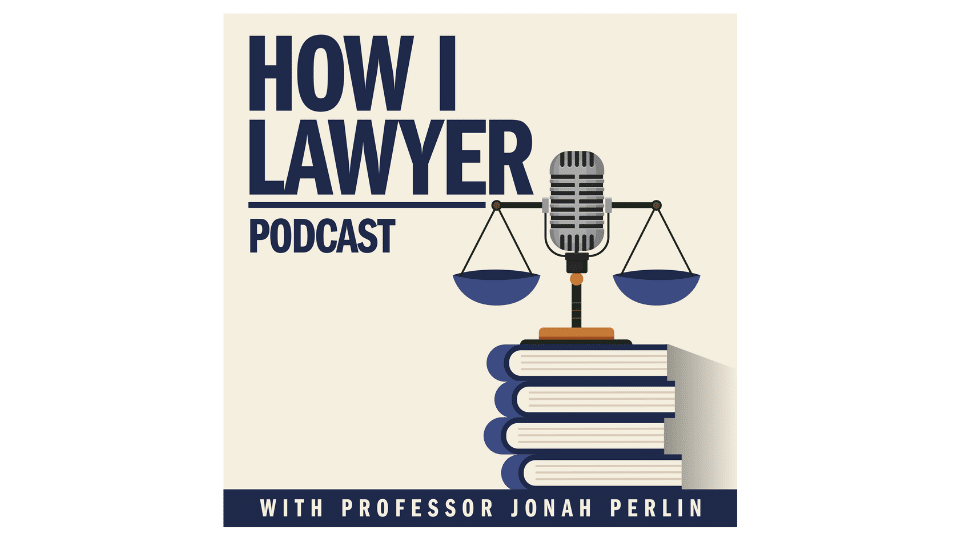ANTITRUST
Antitrust practice covers counseling, litigation, negotiation, filings, and other activities in relation to U.S. and international laws governing monopolies, price-fixing, and other anti-competitive activities.
Antitrust practice at a BigLaw firm can take many forms, including:
—Transactional: This can include analyzing mergers and acquisitions for antitrust risk (for example, the merger of two large companies in a particular industry), completing the requisite filings and communications with the U.S. Federal Trade Commission (FTC) and Antitrust Division of the Justice Department under the Hart-Scott-Rodino Act before a merger is completed (referred to as “HSR filings”), preparing responses to “Second Requests” from the FTC or Antitrust Division (asking for more information regarding the possibility a merger can stifle competition in the market before a merger is completed), and other items.
—Litigation: This can include defending companies against lawsuits brought by the FTC or Antitrust Division for antitrust violations (such as price-fixing, anticompetitive activity, or other items under the Sherman Act and/or other laws) or to block a merger, or civil claims brought by individuals, other companies, or as a class action for antitrust violations.
—Counseling: This can include general counseling to clients on antitrust considerations for certain mergers, acquisitions, collaborations, franchising deals, or other transactions, under the Sherman Act.
Some BigLaw antitrust practice groups handle all three of these categories, while some primarily focus on one category. At many firms, antitrust litigation matters are handled by the firm’s more general litigation team, whom may work on various types of cases.
Antitrust teams at BigLaw firms often work closely with other practice groups, as many transactions are driven by antitrust considerations. For example, a business may be required by the FTC or Antitrust Division action to divest a specific business line in order to avoid being anticompetitive in the market, in which case the antitrust team would work alongside the firm’s M&A team throughout the deal process.
Because BigLaw firms serve large, international clients, many firms maintain an antitrust practice that spans multiple offices between the U.S., Europe, and beyond, covering antitrust law under the frameworks of the U.S., European Union (anchored mainly in Brussels), and other governing bodies. For example, large mergers and acquisitions involving international companies are likely to require antitrust review from governing bodies in multiple countries. (Antitrust law is generally referred to as “Competition law” in Europe and other countries.)
Because U.S. antitrust law is driven by rules and actions of the FTC and the Antitrust Division of the Justice Department, many firms’ antitrust practices are heavily focused in Washington, DC (with some exceptions, of course). Law students and lateral attorneys interested in antitrust practice will likely find more job opportunities in the Washington, DC market as compared to other locations.
Many antitrust attorneys are attracted to this practice area because it involves understanding the economics and background of a specific business or industry in-depth provides a rare combination of transactional, litigation, and counseling work.

LEARN
Check out the following stories of high-profile deals and cases related to antitrust.
This is a great way to learn about antitrust law through actual examples, to determine if this is a practice in which you are interested and become more knowledgeable for networking events and interviews with antitrust attorneys.
Adobe shelves $20 bln Figma deal after hitting regulatory roadblocks
Reuters, December 2023
The cancellation of this merger between Adobe and Figma, which would have been the largest acquisition of a private company by value, is an example of antitrust considerations getting in the way of a large proposed merger.
Cigna abandons pursuit of Humana, plans $10 billion share buyback
Reuters, December 2023
In December 2023, large U.S. health insurer Cigna ended its negotiation of acquisition of Humana, another large U.S. health insurer, partially out of concerns of antitrust scrutiny given the sizes of the companies in the industry and health insurance mergers that were blocked in the past on antitrust grounds. This provides a good example of how antitrust considerations can shape the course of a possible transaction before a formal deal is was even signed or an enforcement action was brought.
Apple asks Supreme Court to Overturn Ruling in Epic Games Legal Battle
Forbes, September 2023
Epic Games, the maker of the popular Fortnite video game, famously brought a lawsuit against Apple for its requirement that games in its App Store use Apple’s payments system at a 30% commission, claiming that the practice violates U.S. antitrust laws as anticompetitive and stemming from Apple’s alleged monopoly in mobile gaming.
This case provides a great example of high-profile antitrust litigation for certain anticompetitive practices, outside of the context of a proposed merger.
A Facebook antitrust suit can move forward, a judge says, in a win for the F.T.C.
The New York Times, January 2022
This lawsuit brought by the U.S. Federal Trade Commission against Meta (formerly known as Facebook) for allegedly maintaining a monopoly in social media, provides a good example of litigation brought by the U.S. government against a particular company on antitrust grounds (as opposed to litigation brought by another company, an individual, or a class of individuals). This case is also especially interesting because it stems partially out of Meta’s acquisition of Instagram and WhatsApp, which had already been approved and completed several years earlier.
LISTEN
Check out these episodes from the How I Lawyer Podcast, a series by Georgetown Law professor Jonah Perlin.
Jonah talks to attorneys throughout the professions about what they do, why they do it, and how they do it well.
This podcast series is a great way to learn directly from attorneys about what the day-to-day work is like in different practice areas.

Sara Razi, Simpson Thacher
In this episode, Jonah Perlin speaks with Sara Y. Razi, the Global Co-Chair of the Antitrust and Trade Regulation Practice at Simpson Thacher in the. She joined the firm's Washington D.C. office in 2013 after serving as a senior official at the Federal Trade Commission for nearly a decade.
Stay tuned for additional content coming soon!


